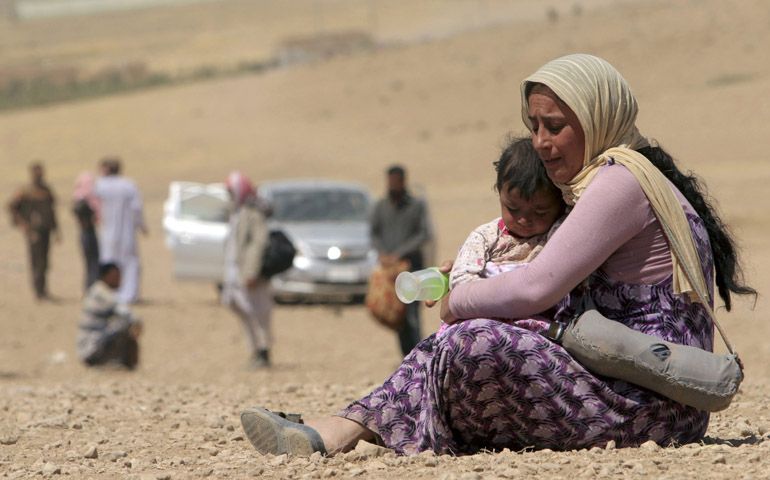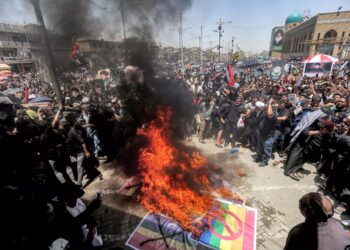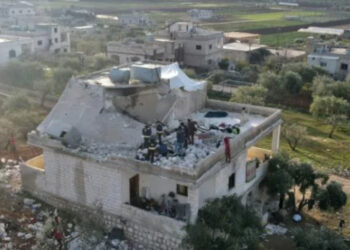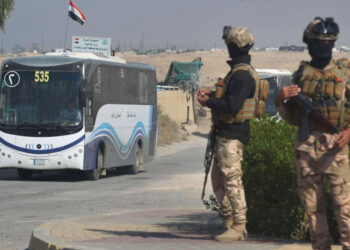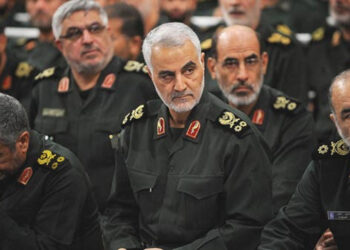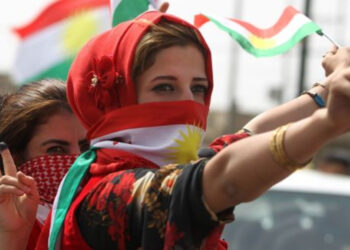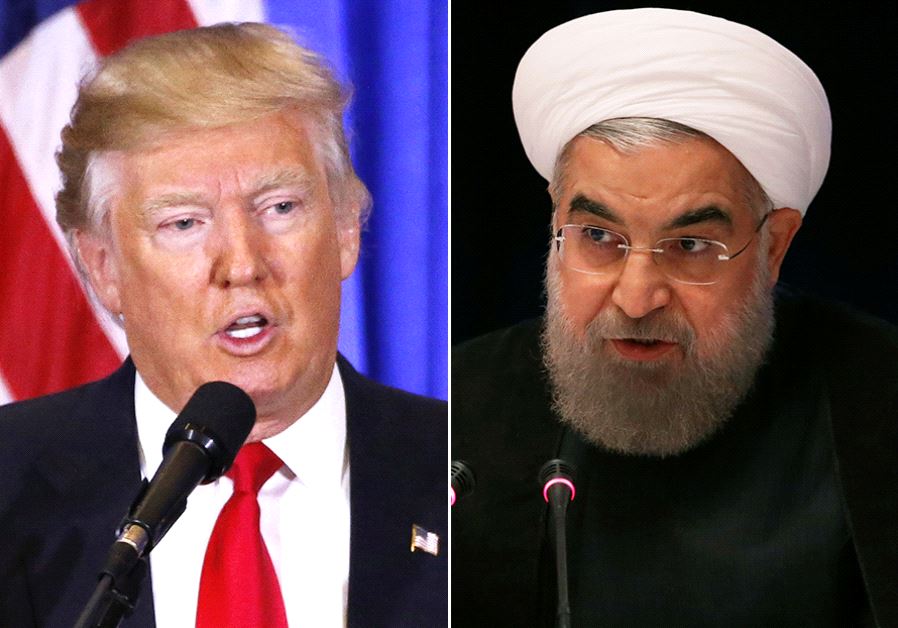In the early hours of August 3, 2014, the Yazidi inhabitants of the northern Iraqi region of Sinjar awoke to find themselves defenseless and under siege by the Islamic State of Iraq and Syria. Abandoned by the 7,000 Kurdish soldiers that had protected them thus far, the Yazidis – one of Iraq’s oldest and most reserved minorities – were at the mercy of a terrorist group that considered them devil-worshipping infidels, destined to be exterminated.
Over the course of the next few hours, the Yazidis were given the impossible choice of conversion or death. With little to no hope of escape, Yazidi families were torn apart as young women and children were kidnapped and enslaved, and thousands more, mostly men and older women deemed useless, were killed. The 40,000 mostly elders and young children that did manage to escape, fled to the nearby Sinjar Mountains where the conditions were equally as harsh. They found themselves trapped as ISIS militants fired at them from one side and the merciless weather conditions, lack of medical care, food and water threatened starvation and dehydration on the other.
The Yazidis are an ethnically Kurdish minority group with a population of about 700,000, the majority of which resided in the Northern Iraqi region of Sinjar. Their unique and largely misunderstood religion can be loosely described as a blend of Islam, Christianity, and the Persian faith of Zoroastrianism.
The primary belief responsible for the ongoing persecution of the Yazidi faith is how they regard one of the seven angels, known as Melek Taus. In the Yazidi religion, Melek Taus, upon being instructed by God to bow to his creations, refuses and is thrown into Hell as punishment. This story strongly resembles that of Iblees (or Satan) in Islam; however, in the Yazidi faith Melek Taus repents and is forgiven by God, a belief that has given them the unshakeable label of devil-worshippers.
This month marks four years since the genocide on Mount Sinjar, and while ISIS may have been defeated, the plight of the Yazidis remains ongoing. Several thousand Yazidi women and children are still missing or unaccounted for, and hundreds of thousands more remain displaced and afraid to return home.
While the area of Sinjar was liberated in 2015, the majority of the city remains in ruins with no rebuilding plans in sight. Sinjar, which is now controlled by the Iraqi government, has become home to a dozen or so militia checkpoints.
For the ones who have returned home, as the unimaginable feat of healing begins so do new religious traditions. In April, for the first time in four years, Yazidis gathered to celebrate New Year, which they call “Sursal.” The celebrations included lighting candles, performing several religious rites and visiting shrines, all of which were acts that were formerly restricted by ISIS.
To the Yazidis, celebrating Sursal was more than just about a holiday; it is an act of preservation of their identity after yet another attempt to diminish it.
While the Yazidis have over the years remained strong and unwavering under pressure, the most recent attack on their faith and their current situation will undoubtedly incline the Yazidis to become not only more innovative in how they practice their faith, but to reassess certain religious traditions and beliefs that may no longer align with who they have become as they move forward from this tragedy.
Many Yazidis taken by ISIS and forced to convert have been allowed to re-enter the faith by rebaptism, an uncharacteristically moderate act to a notion previously unaccepted under any circumstances. However, for many more, returning home is no longer an option.
The rise of Islamic fundamentalism has forced an estimated 70,000 Yazidis – about 10 percent of the Yazidi population – to flee permanently to Europe, a move that can alter the future and fate of the religion. Since the Yazidi faith does not accept converts and disallows exogamy, these factors will undoubtedly affect the assimilation of their youth in Europe and will, in turn, threaten the continued survival of the Yazidi faith as it existed before ISIS.
Help for the Yazidis is a magnitude of a task that involves the seemingly impossible act of navigation in a country that remains war-torn, unstable, and ripe with domestic politics. A country, it should be noted, that was not friendly to the Yazidi cause before ISIS.
At its most basic, food, shelter, and medical aid is needed for the continually displaced Yazidis, especially as the cold winter months approach. Education, psychological and financial aid are equally important in the immediate future, a feat that has proven challenging as funding has slowly decreased for fear that the money will find its way to ISIS soldiers who are willing to trade kidnapped relatives for large sums.
Given the ongoing instability of the region, a swift end for the Yazidi crisis is highly unlikely. Any solution must be viewed as long-term and the aid the Yazidis receive must reflect that. Internationally, awareness for the Yazidi cause has focused mainly on prosecuting ISIS for genocide and not on the future of the Yazidi people or the facilitation of their return to their homes.
The longer the crisis lasts, the more likely that the Yazidis seek refuge in other countries, essentially weakening whatever power the minority has left in Iraq and the existence of the Yazidi religion as a whole. Whether the solution for the Yazidis includes an increase in political representation in Iraq’s government or the creation of an independent state, it must start with them returning safely to their homeland of Sinjar.
Disclaimer: The views and opinions expressed here are those of the author and do not necessarily reflect the editorial position of The Globe Post.

